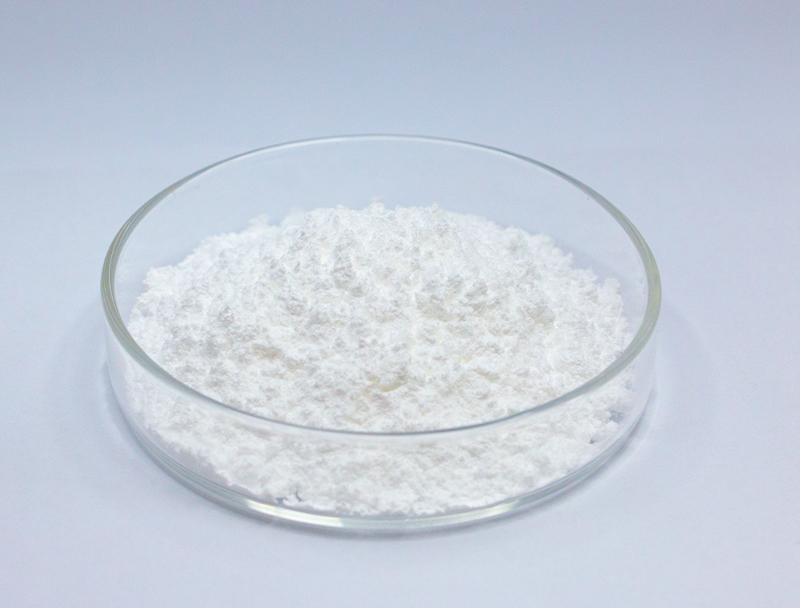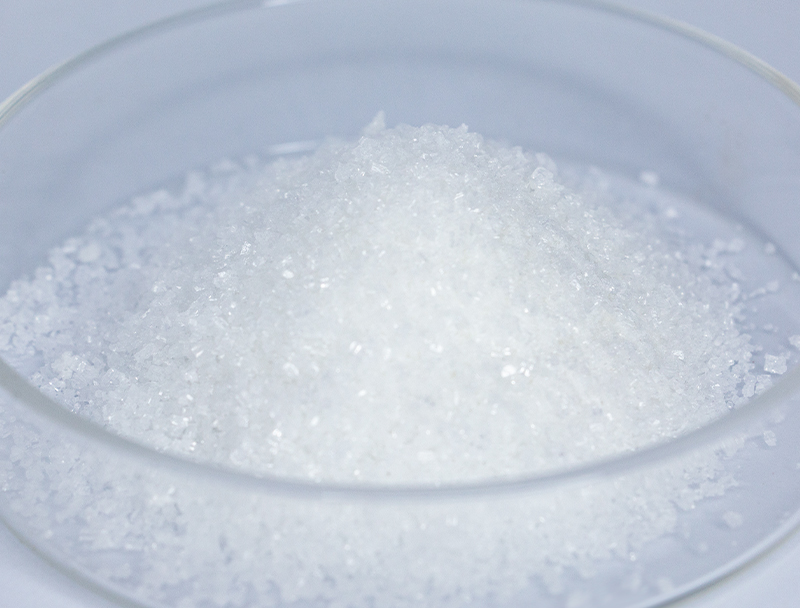
Biotech manufacturing draws predominantly from a broad palette of starting materials for generating cutting-edge biobased goods.
Ensuring responsible procurement of such inputs forms the foundation of durable, responsible industrial growth.
several issues arising from typical material sourcing including biodiversity loss and excessive resource use. Therefore, biomanufacturing companies must actively seek out alternative sourcing strategies to minimize their ecological footprint.
- Illustrations of eco-conscious sourcing involve:
- Integrating compostable agricultural waste into supply chains
- Implementing closed-loop systems to minimize waste and maximize resource efficiency
- Teaming up with provincial partners who practice sustainable procurement
Shifting to ethical sourcing drives environmental value and long-term commercial viability.
Improving Biomass Inputs to Boost Biofuel Yields
Advancing fuel production depends on feedstock consistency and composition. Researchers repeatedly investigate innovative methods to enhance feedstock potential, yielding greater biofuel outputs and greener energy prospects. Tactics include molecular breeding to increase biomass and chemical or physical pretreatments to release sugars.
- Additionally, researchers are focusing on identifying new sources of biomass, such as algae, waste products, agricultural residues, to expand the range of sustainable feedstocks available for biofuel production.
- With persistent development the field will likely demonstrate notable gains that foster a more sustainable energy system.

Optimizing Early-Stage Biomanufacturing Processes
embraces initial workflow stages from growth to harvesting Recent developments in this field have resulted in optimized workflows that raise overall output.
Important innovations consist of upgraded cell platforms, customized nutrient matrices, and smart bioreactor solutions. Such breakthroughs boost efficiency and simultaneously reduce manufacturing costs and carbon burdens.
- Additionally, a shift to integrated continuous operations is providing enhanced flexibility and responsiveness in production.
- This move toward intelligent production systems is expected to reshape the industry and hasten drug development.

Advances in Gene Editing to Boost Therapeutic Production
breakthroughs in precise gene modification systems have reshaped biopharma production. By implementing targeted gene changes, investigators boost production titers of important biologics. These methods could enable production of accessible and efficient medicines tackling diverse health challenges.
Microbial Biotechnology as a Sustainable Cleanup Strategy
cutting-edge microbial approaches that remediate contamination sustainably. Engineered and natural microbes can attenuate pollutants via metabolic conversion.. Employing microbial processes facilitates remediation approaches that preserve ecosystem integrity while reducing pollution.. Scientists are actively exploring a wide range of microbial species with diverse metabolic capabilities to target various pollutants, including heavy metals, pesticides, oil spills.. Microbial cultures can function in contained bioreactors or be deployed onsite to facilitate biodegradative remediation..
Microbe-based remediation provides compelling advantages over standard remediation methods. The approach tends to lower treatment costs and avoids producing toxic residuals. Furthermore, microbial solutions are highly specific, allowing for the remediation of particular pollutants without disrupting the broader ecosystem. Advancements continue apace to increase the speed, efficiency, and applicability of microbial remediation techniques.
Computational Biology in Drug Discovery
Bioinformatics techniques are integral to present-day therapeutic development workflows. By integrating diverse datasets, bioinformatics enhances candidate identification and therapeutic optimization.
- Through mining large genomic, proteomic, and clinical repositories, informaticians reveal new targets and forecast drug behaviors.
- Moreover, bioinformatics contributes to drug design by simulating the interactions between drugs and their targets, ultimately leading to the development of more effective drugs.
- To conclude, computational approaches are revolutionizing discovery and reducing time-to-patient for effective drugs.
Cell Factory Optimization for Higher Bioproduct Output
integrates multiple methods to augment cellular production of target bioproducts. Techniques span CRISPR-mediated edits to reshape pathways, synthetic control elements to fine-tune expression, and gene imports to grant new biosynthetic abilities.. By calibrating pathway dynamics and expression levels teams can greatly amplify bioproduct yields.
This combined approach has capacity to change industries from drug manufacture to food production and bioenergy.

Challenges and Opportunities in Scaling Up Biopharmaceutical Production
Moving from bench to commercial scale creates complex challenges and valuable opportunities. Sustaining uniform quality across expanded production capacity is a principal challenge. Managing it necessitates robust automation, high-fidelity monitoring, and powerful analytical capabilities.

Additional complexity arises because biopharma production entails many coordinated stages.. Adapting protocols for industrial scale requires considerable development work and engineering advances.. Nonetheless, the advantages can be major. Proper scaling can increase therapy supply, reduce expenses, and elevate profitability.
Various efforts target the core issues of industrialization. Examples include novel optimization technologies, predictive analytics for real-time control, and inventive production models.
- R&D initiatives significantly drive enhancements in manufacturing capacity.
- Authorities are revising processes to enable faster clearance of manufacturing innovations and encourage progress.
Charting Regulatory Pathways for Biologics to Safeguard Patients
The development of biopharmaceuticals is a complex process that requires stringent regulatory oversight to ensure both patient safety and product efficacy. Biologically based treatments require tailored oversight and production controls beyond those for typical medicines.
Bodies like FDA and EMA shape the regulatory landscape N-Acetylneuraminic acid and set benchmarks for evaluating innovative therapies..
Stringent experimental and surveillance testing occurs across the entire development-to-market continuum. These measures aim to identify potential risks and guarantee that biopharmaceuticals meet the highest levels of safety..
Additionally, regulators regularly update methods to match the pace of fast-moving biopharma innovations.. Actions include accepting new technologies and streamlining development channels while safeguarding patient health.

Assessing Plant Biomass Pathways for Bioplastic Innovation
The rising demand for eco-friendly materials fuels R&D on bio-based alternatives. Bioplastics produced from plant biomass form a compelling option for lowering environmental footprint. Feedstocks including cornstarch, plant cellulose, and sugarcane derivatives yield biodegradable plastics which break down and mitigate plastic pollution.
In addition, certain bioplastics match performance of petroplastics, enabling broad applicability in multiple sectors.. Further innovation is required to mature plant-based bioplastics for broad adoption and circular economic models.
Biotech Innovations Addressing Health and Food Challenges
Modern biotech tools present opportunities to improve global health and stabilize food production. With genetic tools, engineered biological systems, and regenerative cell approaches, experts craft interventions to manage diseases, enhance agriculture, and fortify nutrition.. For instance, genetically modified crops can be engineered to resist pests and environmental stresses, leading to increased agricultural production and reduced reliance on harmful pesticides.. Also, biotechnological innovation fuels development of immunizations, antimicrobial treatments, and diagnostic platforms vital for disease control and population health.. With ongoing research, biotech is positioned to enable broad improvements in health and food security that serve global populations.
